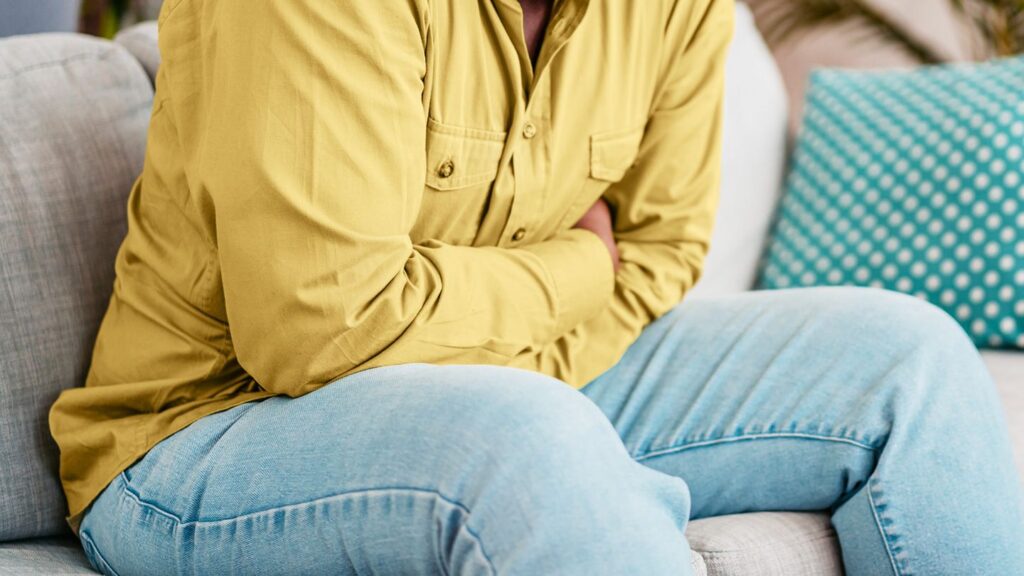You may lose weight when you have diarrhea as a result of lost fluid. But you can also experience unintentional and rapid weight gain with loose and watery stool.
Causes of weight gain and diarrhea can overlap, including some medical conditions that a doctor should manage.
Causes of Weight Gain and Loose Stools
If you’re looking for a cause of having diarrhea and weight gain, examine your diet first.
Eating excessive amounts of sugary and sweetened foods raises your chances of gastrointestinal distress by 49 percent, according to research. It can also cause weight gain, as can changes in your diet, Cleveland Clinic says.
Drastically increasing calorie intake can lead to weight gain quickly. A sudden, significant decrease in the calories you burn by stopping exercise also can cause weight to increase.
Some medical conditions could cause weight gain and loose stool as well. These include:
- Bile Acid Malabsorption A gastrointestinal disorder in which the intestines don’t absorb bile properly, according to Cleveland Clinic
- Thyroid Issues Underactive and overactive thyroid conditions may have different symptoms, though, according to MedlinePlus
- Depression Taking antidepressants for depression may be the culprit as well, according to the U.K. National Health Service
Celiac Disease
Celiac disease is a condition in which the digestive system can’t handle gluten, an ingredient in many foods, including most breads, and even some medications. People with celiac disease may have loose stools when they ingest gluten.
Removing gluten from your diet to address celiac disease can also lead to greater absorption of nutrients as your body heals. According to the Beth Israel Deaconess Medical Center, this can cause weight gain.
It’s wise to discuss any dietary changes with your doctor to explore the best way for you to get the right nutrients and stay healthy.
Dealing With Weight Gain and Diarrhea
A number of dietary changes can help you cope with weight gain and loose stools. They may include:
- Cutting down on sugary foods and drinks
- Avoiding gluten if you have celiac disease
- Adding fiber to your diet, such as from whole grains, fruits, vegetables, or other foods, for firmer stool
- Adopting a soft food diet of low-fiber foods, such as plain white bread and yogurt, if you have gastrointestinal issues, such as diverticulitis or irritable bowel syndrome, says Cleveland Clinic
Your doctor or a registered dietitian can give you the right recommendations to fit your situation and dietary needs.
When to Call the Doctor
Weight gain and loose stool could be the result of serious issues, such as cancer or thyroid conditions, that lifestyle changes alone cannot address.
Call your doctor if your symptoms include:
- Blood in your stool
- Diarrhea lasting more than two days
- Dehydration
- Fever
- Extreme abdominal pain

